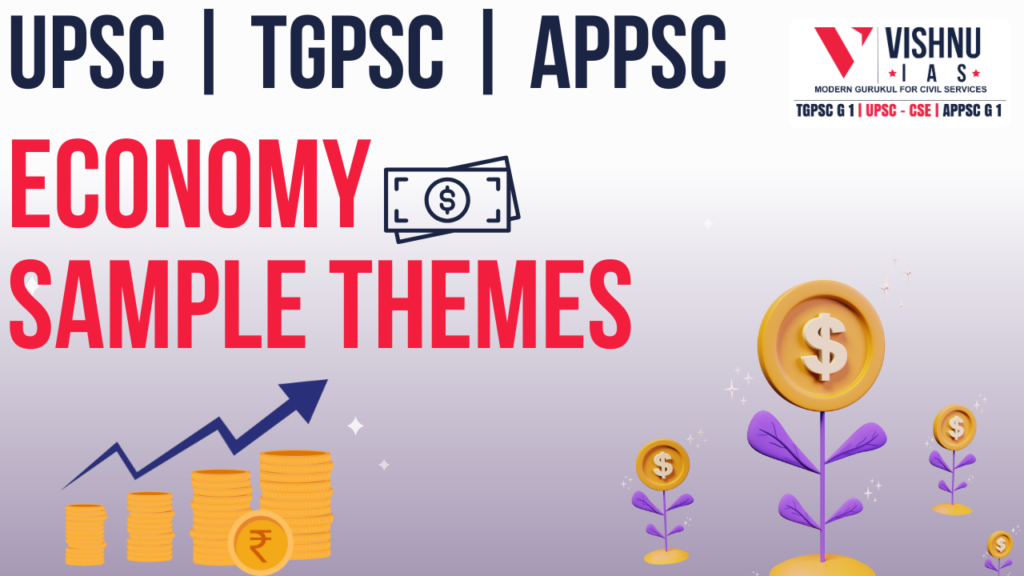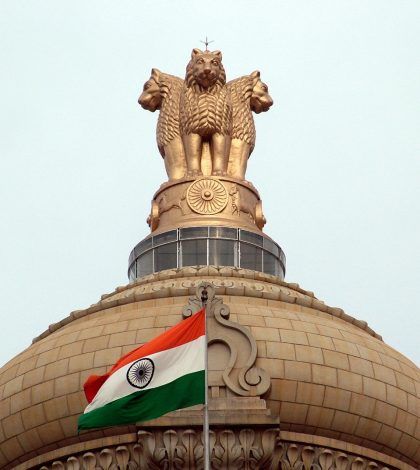MICROECONOMICS
1. TYPES OF GOODS- COMPLEMENTARY,
SUPPLEMENTARY, GIFFEN, VEBLEN
Q) Consider the following statements
Other things remaining unchanged, market demand
for a good might increase if
1. Price of its substitute increases
2. Price of its complement increases
3. The good is an inferior good and income of
the consumers increases
4. Its price falls
Which of the above statements are correct?
A. 1 and 4 only
B. 2, 3 and 4
C. 1, 3 and 4
D. 1, 2 and 3
Ans. A
2. OPPORTUNITY COST
Q) If a commodity is
provided free to the public by the Government, then
A. the opportunity cost
is zero.
B. the opportunity cost
is ignored.
C. the opportunity cost
is transferred from the consumers of the product to the tax-paying public.
D. the opportunity cost
is transferred from the consumers of the product to the Government.
Ans: C
INFLATION
1. COMPARISION OF VARIOUS INDICATORS-
CPI, WPI, GDP DEFLATOR
Consider the following statements
1. The weightage of food in Consumer Price
Index (CPI) is higher than that in Wholesale Price Index (WPI).
2. The WPI does not capture changes in the
prices of services, which CPI does.
3. Reserve Bank of India has now adopted WPI as
its key measure of inflation and to decide on changing the key policy rates.
Which of the statements given- above is/are
correct ?
A. 1 and 2 only
B. 2 only
C. 3 only 4,
D. 1, 2 and 3
Ans. A
NATIONAL INCOME
2. GDP VS GNP DIFFERENCES
3. GROWTH RATE
Q) In the context of Indian economy, consider
the following statements:
1. The growth rate of GDP has steadily increased
in the last five years.
2. The growth rate in per capita income has
steadily increased in the last five years.
Which of the statements given above is/are
correct ?
A. 1 only
B. 2 only
C. Both 1 and 2
D. Neither 1 nor 2
Ans. D
BUDGETING
1. UNION BUDGET 2024-25 THEMES
2. BUDGET SCHEMES
3. CAPITAL ACCOUNT VS REVENUE ACCOUNT
Q) Which of the following is/are included in
the capital budget of the Government of India?
1. Expenditure on acquisition of assets like
roads, buildings, machinery, etc.
2. Loans received from foreign governments
3. Loans and advances granted to the States and
Union Territories
Select the correct answer using the code given
below.
A. 1 only
B. 2 and 3 only
C. 1 and 3 only
D. 1, 2 and 3
Ans. D
OPEN ECONOMY ACCOUNTING
4. FOREX RESERVES PORTFOLIO
Q) Which one of the following groups of items
is included in India‟s foreign-exchange reserves?
A. Foreign-currency assets, Special Drawing
Rights (SDRs) and loans from foreign countries
B. Foreign-currency assets, gold holdings of
the RBI and SDRs
C. Foreign-currency assets, loans from the
World Bank and SDRs
D. Foreign-currency assets, gold holdings of
the RBI and loans from the World Bank
Ans. B
5. CURRENT VS CAPITAL ACCOUNT
6. EXTERNAL COMMERCIAL BORROWINGS
Q) Consider the following statements:
1. Tight monetary policy of US Federal Reserve
could lead to capital flight.
2. Capital flight may increase the interest
cost of firms with existing External Commercial Borrowings (ECBs).
3. Devaluation of domestic currency decreases
the currency risk associated with ECBS.
Which of the statements given above are
correct?
A. 1 and 2 only
B. 2 and 3 only
C. 1 and 3 only
D. 1, 2 and 3
Ans. A
7. DEPOSITORY RECEIPTS
8. FDI VS FPI
MONETARY POLICY
1. EXPANSIONARY VS CONTRACTIONARY AND
THEIR IMPACT ON INFLATION
Q) Which one of the following is not the most
likely measure the Government/RBI takes to stop the slide of Indian rupee?
A. Curbing imports of non-essential goods and
promoting exports
B. Encouraging indian borrowers to issue rupee
denominated Masala bonds
C. Easing conditions relating to external
commercial borrowing
D. Following an expansionary monetary policy
Ans. D
2. MONETARY POLICY TOOLS
BANKING
3. RBI REGULATION
Q) Consider the following statements:
1. The Governor of the Reserve Bank of India
(RBI) is appointed by the Central Government.
2. Certain provisions in the Constitution of
India give the Central Government the right to issue directions to the RBI in
the public interest.
3. The Governor of the RBI draws his power from
the RBI Act.
Which of the above statements are correct?
A. 1 and 2 only
B. 2 and 3 only
C. 1 and 3 only
D. 1, 2 and 3
Ans. C
4. NBFC’s
5. NPA’s
INTERNATIONAL FINANCIAL INSTITUTIONS
6. WTO
7. WB AND IMF
“Gold Tranche” (Reserve Tranche) refers to
A. A loan system of the World bank
B. One of the operations of a central bank
C. A credit system granted by WTO to its
members
D. A credit system granted by IMF to its
members
Ans. D


